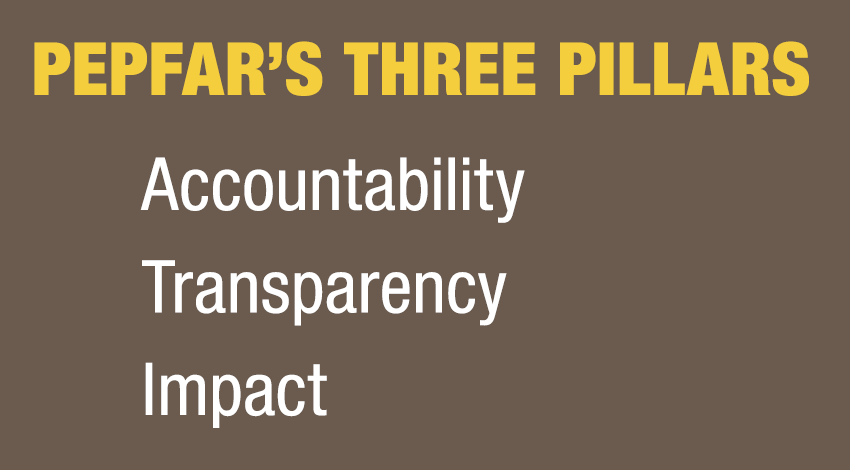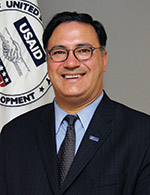Foreword
Meeting the global challenge
In 2003, in the midst of a global health crisis, the United States Government (USG) established the President’s Emergency Plan for AIDS Relief (PEPFAR). On the African continent alone, some 30 million people were infected with HIV, but only 50,000 had access to treatment. Patients were dying at alarming rates, and the cost to treat a single patient was up to $10,000 per year.

In 2005, PEPFAR established the Supply Chain Management System (SCMS) to provide a reliable, cost-effective, and secure supply of products for HIV/AIDS programs in PEPFAR-supported countries. The project’s goal was to make real and lasting progress toward achieving universal access by bringing down the cost of treatment and strengthening in-country supply chains.
Today, 5.7 million people in developing countries receive direct lifesaving antiretroviral (ARV) treatment through the support of the American people, and the cost of drugs to treat a single patient has dropped to $110 per year. SCMS now provides more than 70% of these PEPFAR-funded medicines.
This progress could not have been made without addressing challenges in the public health supply chains of the hardest-hit countries. In creating SCMS, we focused on saving lives by aggressively scaling up treatment access, promoting country ownership, and investing in sustainable country systems. We have made extraordinary progress toward transforming supply chains in dozens of countries by applying innovative supply chain solutions and industry best practices.
The challenge before us now is not only to sustain the project’s progress, but to accelerate its efforts. In PEPFAR 3.0, we set the project’s “impact for action” agenda to do the right things in the right places and at the right times, to control the epidemic by rapidly scaling up prevention, treatment, and care. Doing so will require continued focus on transferring the project’s skills, processes, and practices to responsible public-sector institutions, vibrant private-sector organizations, and thriving civil societies as we march together toward achieving an AIDS-free generation.

Ariel Pablos-Méndez, MD, MPH
USAID Assistant Administrator for Global Health,
Child and Maternal Survival Coordinator